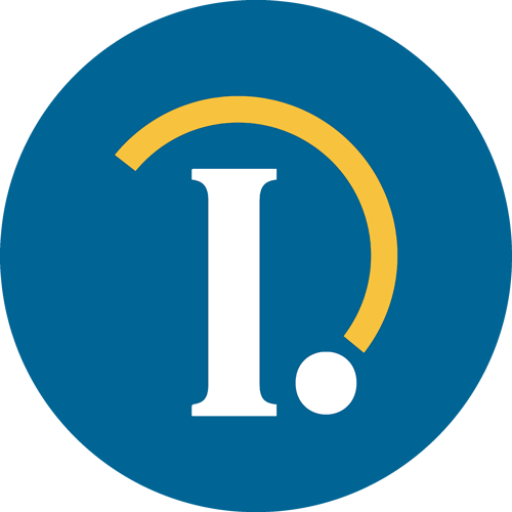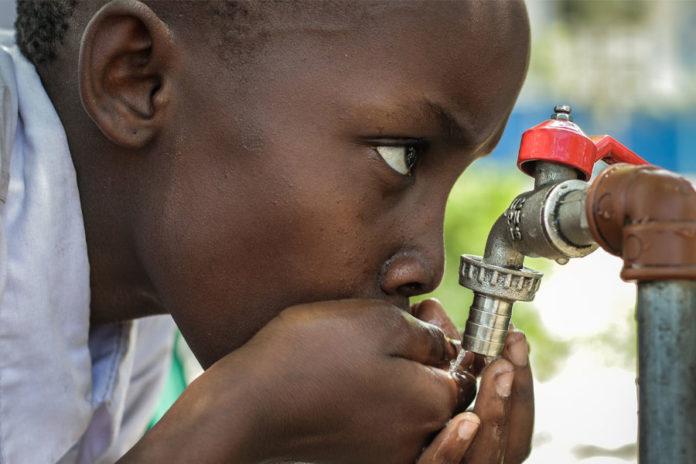Access to clean water is considered a human right. Human beings cannot live without it. Today in the United States, about 2,000,000 people lack access to water, a sink with a faucet, and a bath or shower. This has become a public health crisis as access to reliable and safe running water is necessary for health and well-being.
As one of the poorest and unhealthiest big cities in America, Philadelphia’s poverty rate is over 20%, which is double the U.S. average. Over the years, it has become more evident that access to clean water and poverty are closely linked. If you are experiencing poverty, you may lack access to water, energy supply, education, and healthcare services – all critical components of maintaining a healthy life. The Philadelphia Inquirer reported in March 2021 that the financial hardships experienced during the COVID-19 pandemic made it more difficult for Philadelphia residents to access clean running water. Households in areas of North Philadelphia with the highest concentrations of poverty were the most behind on water bill payments, including almost half of account holders in Hunting Park (zip code 19140).
For the past two years, the City of Philadelphia had a COVID-19 pandemic moratorium on residential water shutoffs. This was designed to ensure that residents who could not afford to pay their bills would still have access to clean water. However, the city started to resume water shutoffs on July 20th 2022. Even though the moratorium has ended, some residents are exempted from these shutoffs, based on enrollment data from low-income assistance programs. For example, Philadelphians who are enrolled in the Tiered Assistance Program, Senior Citizen Discount Program, or have applied for the customer assistance program are exempt from water shutoffs.
Individuals may also be eligible for additional relief programs. The Low-income Household Water Assistance Program (LIHWAP) is a temporary emergency program that helps low-income households with funds for water and wastewater bills. Residents who have past-due water bills could be eligible for grants from LIHWAP. LIHWAP individuals can receive up to $5,000 – up to $2,500 for drinking water and $2,500 for wastewater charges. Help is available to families if they have emergency situations and are in jeopardy of losing water services. State residents can also apply through the Pennsylvania Homeowners Assistance Fund (PAHAF), which provides up to $8,000 in assistance for outstanding payments on water, sewer bills, and other services for homeowners.
Community-based organizations like Esperanza can help eligible individuals apply for water relief programs like LIHWAP. If you or someone you know is in need of water relief programs, you can call 215-324-0746 to schedule an appointment with an Esperanza BenePhilly counselor.
LIHWAP is a temporary program that was developed in response to the COVID-19 pandemic. Funding for this program will end soon and the city has announced it will stop accepting applications by October 28, 2022. Counselors at Esperanza recommend applying as soon as possible.
Since LIHWAP can help vulnerable individuals pay their water bills, it would be beneficial if the program were to be extended or funding be increased. We can all become activists by learning how to inform, support, and advocate for initiatives that can help make LIHWAP a more permanent program. Additionally, you can call your elected representatives to present a call to action so that LIHWAP can be made permanent.
This article is part of the Esperanza Community Anti-Poverty Project, which informs and engages Latinos on key policies and programs impacting their social and economic well-being.
























